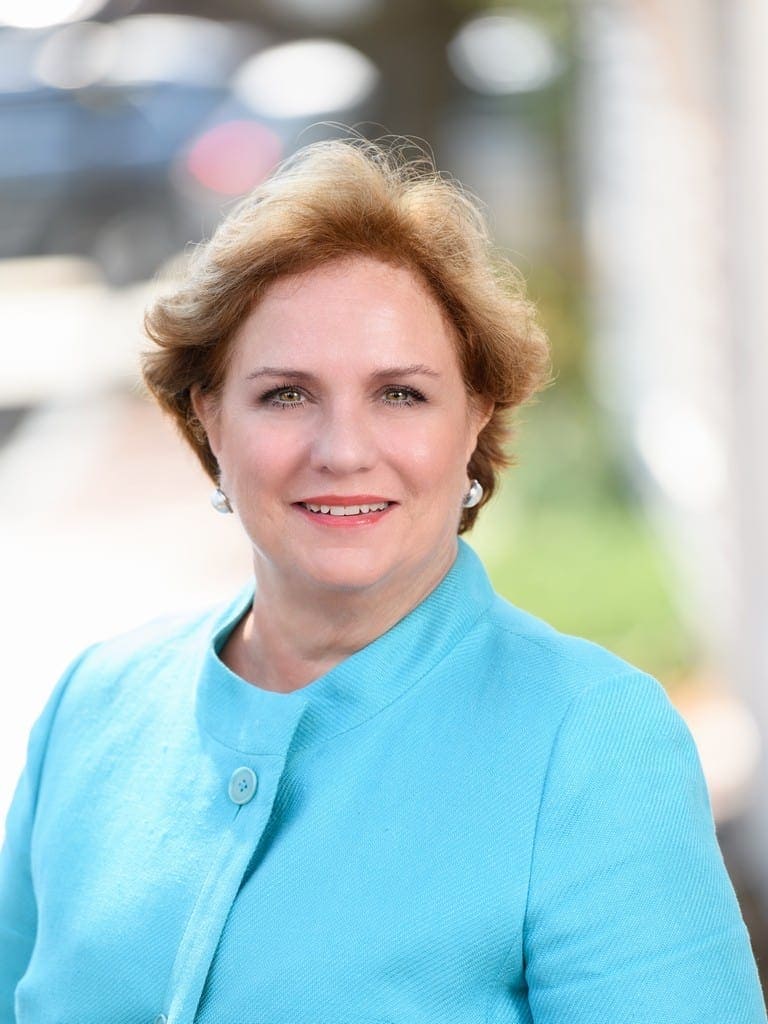Clubhouse, Bitcoin, and Scarcity
If you’re like me, you probably read about Beeple’s $69 million NFT and thought it was a joke. Yet as we reflect on ways the pandemic’s changed us, and ways it’s made us more ourselves, one fascinating trend highlights the humanness in us and provides opportunities for businesses: scarcity. The scarcity principle is the idea that if we think we have a limited chance to buy something, we’re more likely to buy it. The same applies to actions – if we only have one chance to do something, we’re more likely to do it.
Though the scarcity principle is a psychological principle, it derives from basic economics.
The scarcity principle is supply and demand 101, and it’s been used by countless companies who have successfully incorporated exclusivity into their brand messaging. Scarcity and exclusivity are powerful motivators and major reasons why cryptocurrency, Clubhouse, and brands like Costco are thriving. Costco requires you to be a member, provides high quality private label products you can only buy at Costco, and rewards you for your membership. According to Kiplinger, Costco’s Kirkland Signature brand is responsible for 25% of Costco’s annual revenue. Similarly, the popular invite-only social media app Clubhouse has barely existed for more than a year and has already reached unicorn status (Andreessen Horowitz, which invested $10 million in May, reinvested in January at a $1 billion valuation). Clubhouse has 10 million active weekly users, many of whom spend hours on the app at a time. It’s also become a favorite of the crypto community.
If something is worth more to us, it feels like an investment, and we will often rationalize our decision to buy or participate.
The idea of something being a “limited edition” or “rare opportunity” creates the perception that buyers or participants are not just getting or doing something other people won’t be able to, which is the exclusivity factor, but that the higher price required is justifiable. Interestingly enough, there’s a lot more than psychology behind the sale of Beeple’s $69 million NFT. After all, NFTs are a new and emerging market and one could argue the potential is likely to dwarf the $69 million price tag. The publicity alone is almost priceless (we’re still talking about it now!).
Real estate brokers and agents know all about scarcity.
Whether you’re a Clubhouse fan or not, believe in the future of cryptocurrency, or personally gravitate towards members only communities, it’s important to consider the level of exclusivity or inclusivity your potential sellers and buyers need when marketing to and developing relationships with them. There are other lessons from these brands and trends, such as our preference for simple experiences (the Clubhouse app’s design is extraordinarily simple, like most Apple products’) and the importance of community (Clubhouse basically just took the idea of private Facebook Groups and made them audio-only, after all). As marketers, opportunities exist to tap into these traits and align our actions with them. Curious to learn more? Want to share your experience? Let’s connect!
You can also learn more about why Facebook is building its own Clubhouse and how to leverage social media for real estate.










